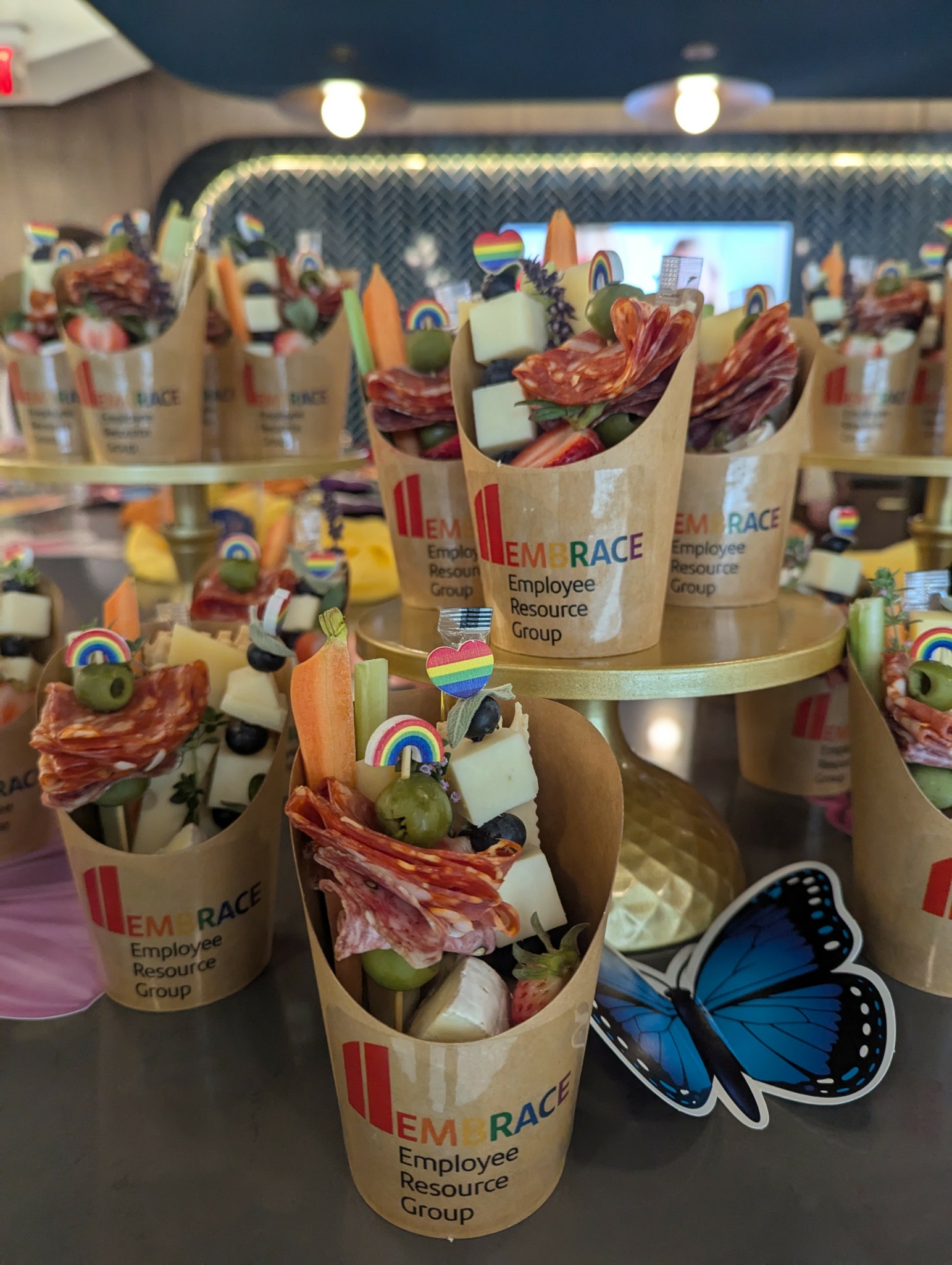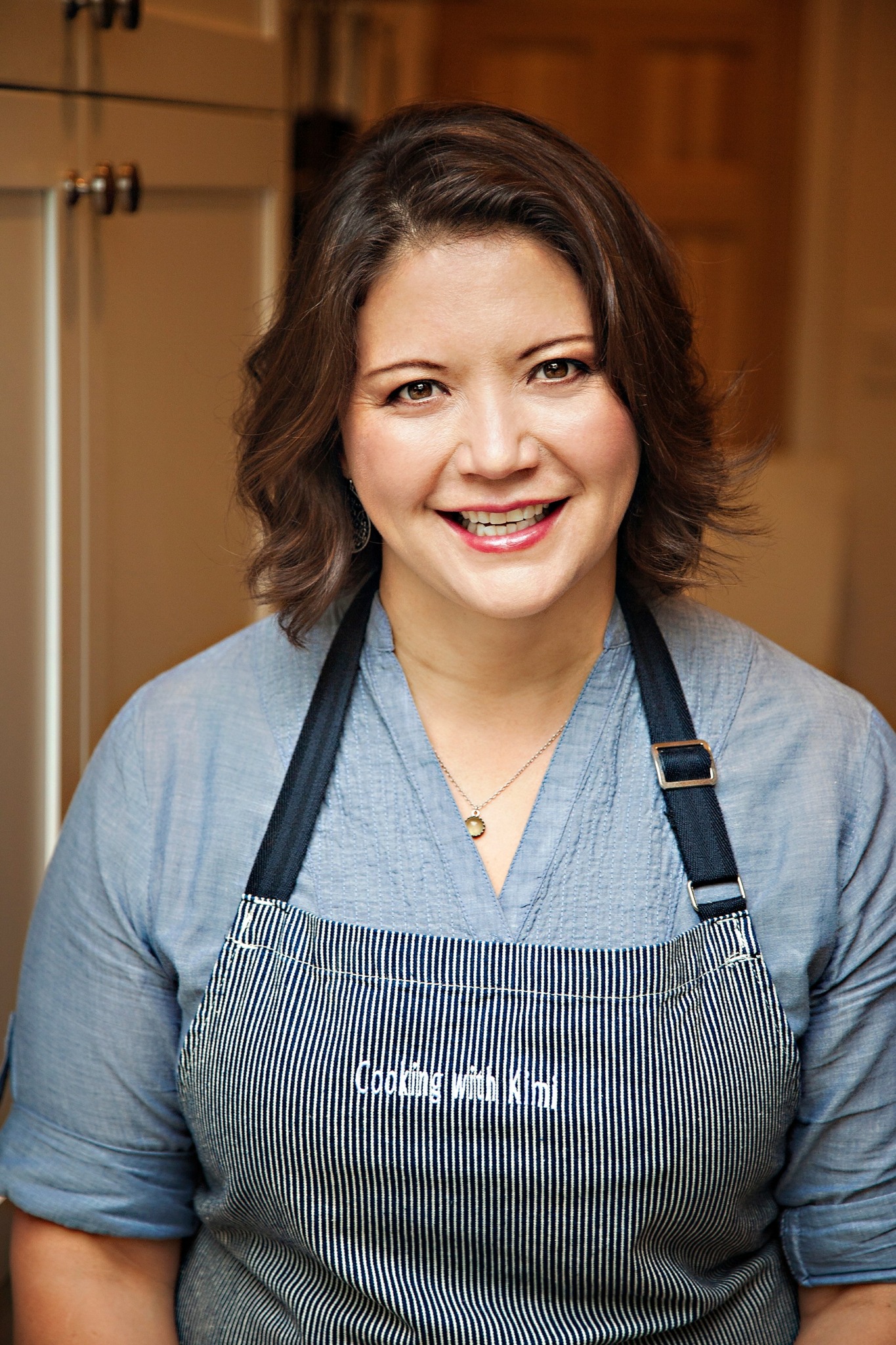We caught up with the brilliant and insightful Kimi Ceridon a few weeks ago and have shared our conversation below.
Kimi, thanks for taking the time to share your stories with us today So let’s jump to your mission – what’s the backstory behind how you developed the mission that drives your brand?
Life Love Cheese’s mission is to build a supportive and inclusive community centered around our passion for cheese. This mission starts with a core value – focus on American Artisanal Cheese and products and services from other small batch artisan businesses..
We believe small businesses are the life-blood of communities. By consciously sourcing all our products and continuously seeking out new products that support our mission, we are able to support small local economic.
The way I look at it, I begin with a small store that nurtures creativity and inclusiveness. The entire store and experience with Life Love Cheese is about being open, approachable and fun. That is the seed of our mission. It is like a pebble tossed into a still pond. From there, our mission ripples out to the small businesses we collaborate with and source from. I prefer to say we are “collaborating with these small businesses” rather than say “source from our vendors.” Sourcing from vendors is very transactional. And yeah, there is a transaction at the core, but our goal is to partner with them and foster trusting relationships that nurture creativity and inclusiveness in their businesses and communities.
And for me, that ripple begins with cheese.
When I left engineering and innovation management, I started the Gastronomy (Food Studies) master’s program at Boston University. I was very interested in elevating and strengthening local food systems and local economies. At the time, I thought I wanted to go into government work. Then, I discovered this world of Artisanal Cheese. As it turns out, artisan cheese was the perfect nexus what I was interested in. Of all the agricultural products, cheese is the most personal. Each cheese has a story. Each cheesemaker is passionate. And people love cheese. Cheese turned out to be the perfect way to connect people/consumers with with the agricultural system, the story of rural communities and the people who work in it. Sure, we can go the the farmer’s market and meet the farmer who grew a piece of broccoli, but on the shelf, it’s mixed in with all the other broccoli and that connection is lost. Cheese, on the other hand, maintains its connection to the maker. Artisan cheese has a story with a person and a community behind it. We can differentiate between the industrial cheese and the cheese made by hand. It’s harder to do with broccoli.
So, I centered my company around cheese as the perfect way to connect my local community to the rural communities we collaborate with. I brought joy to the name which reflects the joy I want to bring to my staff and the community which reflects the joy we want to spread to our collaborators.
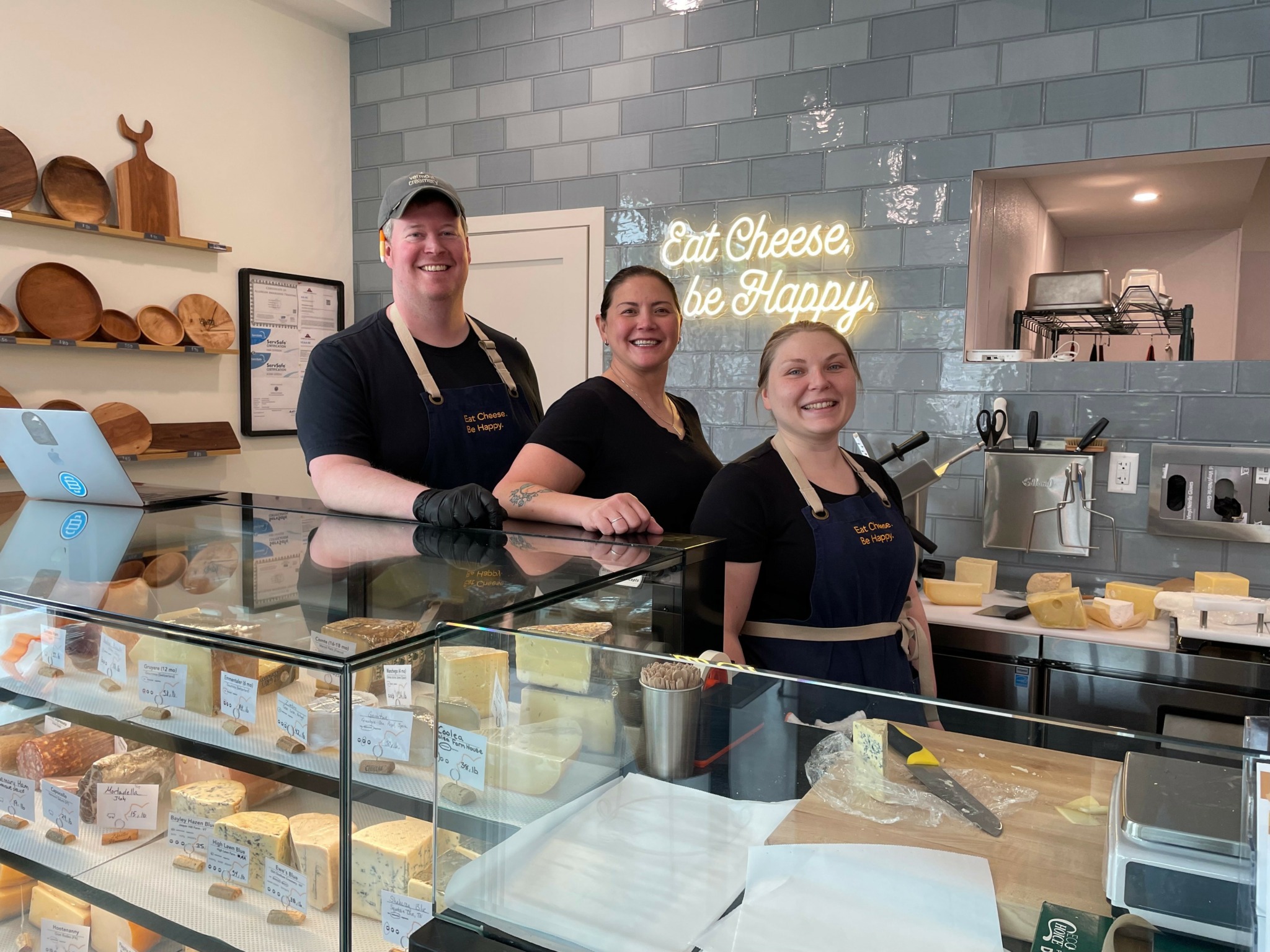
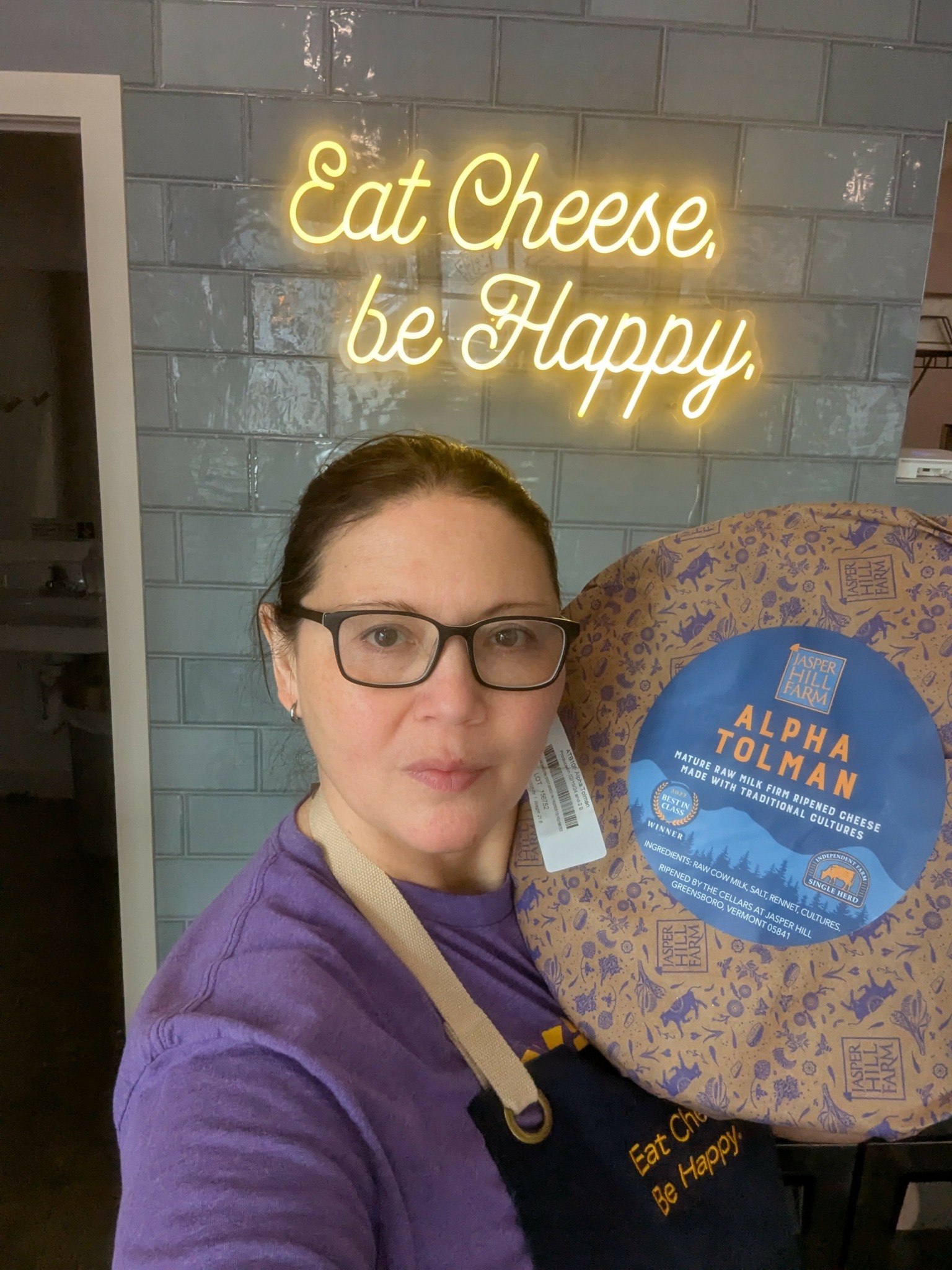
As always, we appreciate you sharing your insights and we’ve got a few more questions for you, but before we get to all of that can you take a minute to introduce yourself and give our readers some of your back background and context?
I actually have a masters degree in Mechanical Engineering from MIT, so I started my professional career as a Mechanical Engineer. I was a very driven person, but I was also did not have the personality that tolerated the misogyny of the tech industry. Back then, we didn’t call them micro aggressions, but in hindsight I’ve realized the continuous microaggressions of the tech industry were turning me into an angry, stressed out, ball of rage who was hitting a wall. I was likely heading to an early grave.
So, I left the tech industry and enrolled in the Culinary and Gastronomy program at Boston University. I had no idea what I wanted to do with this big change. I just knew I needed to change. Change is hard. My mother was diagnosed with stage 4 pancreatic cancer in my first semester. When she passed, it took a long time for me to crawl out of grief and corporate disillusion. I fell back on my old driven habit to just get by. I finished my degree and then I cycled through several jobs in the food industry trying to figure out what this new career would mean for me. Honestly, I was pretty sure I had really screwed up my life when I left tech.
It took a really long time for me to embrace the idea that I was going to be my own boss somewhere down the road. I had several false starts and honestly, for several years I was spinning my wheels. I was unwilling to really jump in to the risky world of entrepreneurship.
It turns out that all the time was just part of what I needed. I spent time getting to know people and building a network of relationships. Now, I’ve been able to turn these relationships into amazing business collaborators that are central to my mission.
I feel like I am building something that is very different than those early experiences in tech. I am taking what I learned there, all the things that made me angry and enraged, and focusing on bringing joy and inclusiveness. I feel like my tech skills and knowledge are serving me well in this role – from design work to problem solving to a dash of that old tech adage “move fast and break things.” An advisor once told me to not let perfection be the enemy of done. It’s the best advice I’ve ever gotten for how to navigate this whole entrepreneurship thing.
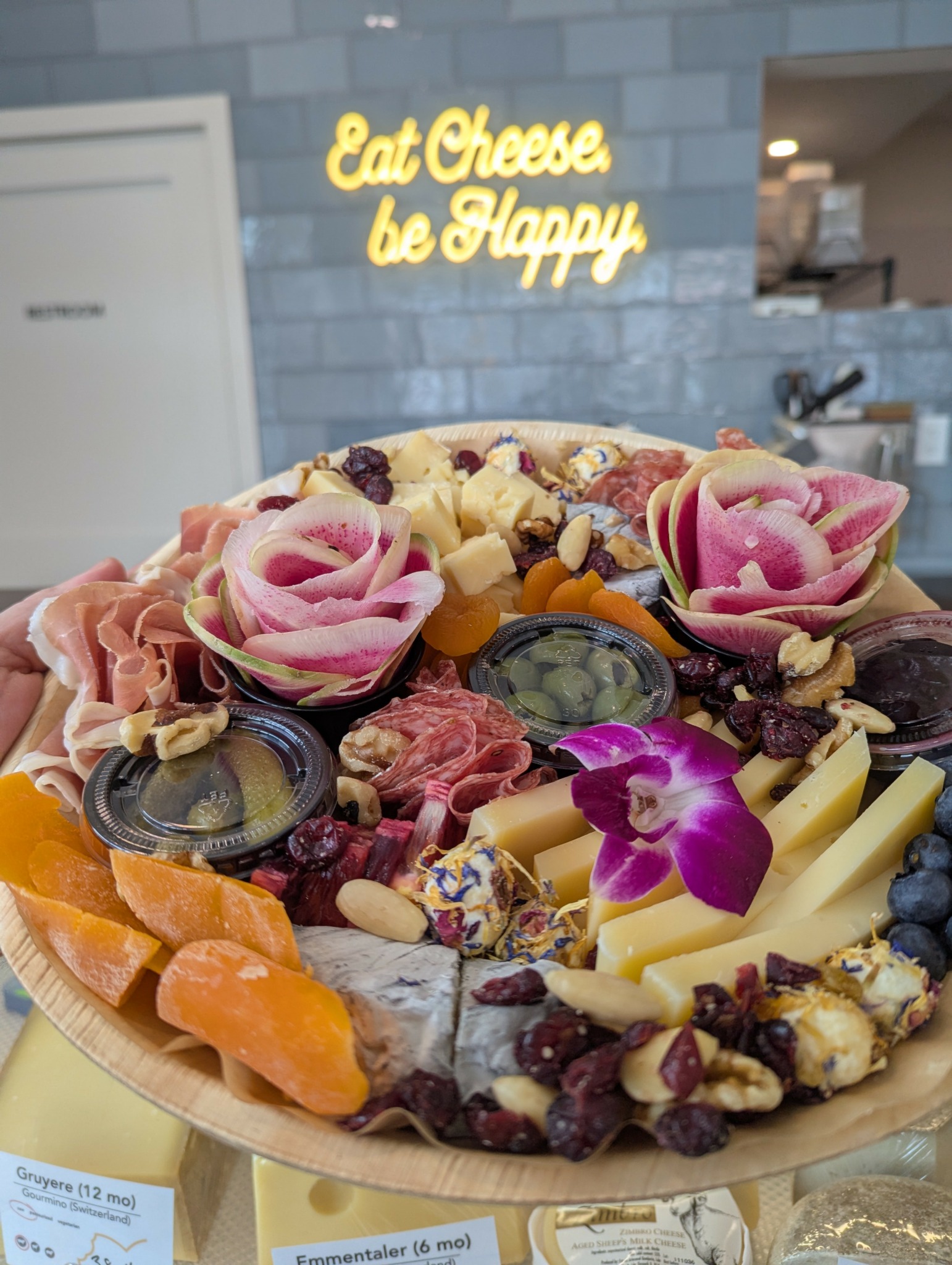
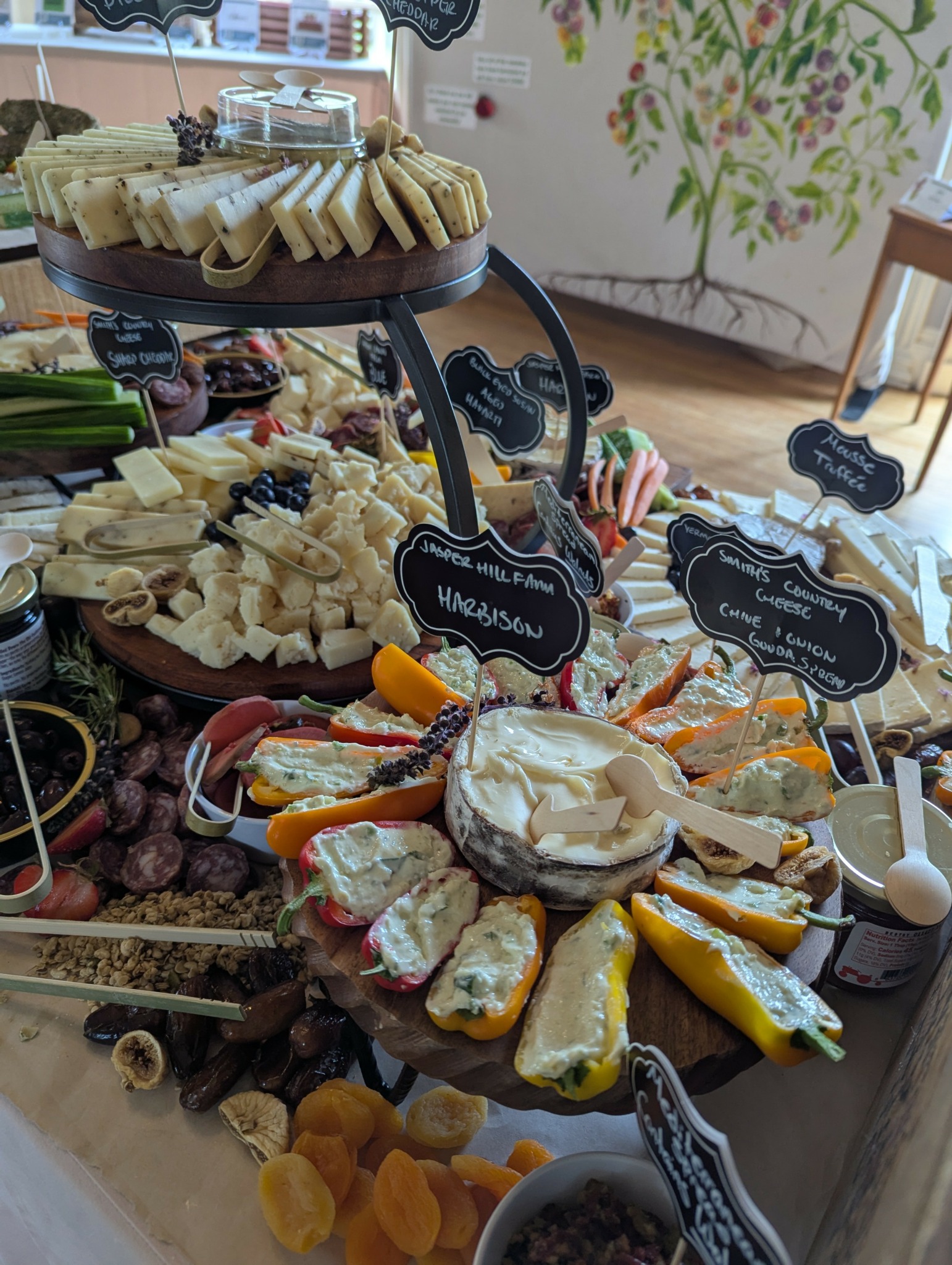
If you have multiple revenue streams in your business, would you mind opening up about what those streams are and how they fit together?
I am constantly thinking of new outlets that we can pursue to bolster our bottom line. Having a brick-and-mortar store is more than just opening the doors and waiting for people to come walking through to buy tons of stuff. All of our supplementary revenue streams are geared toward getting more people through the door. They must support our community vision and they must be related to our expertise – cheese.
So, we attend three farmers markets – one in our home community and two in communities we are considering for future locations. We host workshops in the store and reach out to collaborators to do workshops with them. This has included farms, breweries, alumni groups, former employers, people in tech. We are building our catering arm. So far, it’s been focused on private events, but going forward we want to identify target markets and products to provide them. We partner with other businesses to bring popups and specialty pre-orders to our store. I also teach the Artisan Cheese Class at Boston University and hope to expand that program to provide additional income to some of my staff.
Our next steps are to get a wholesale permit to sell cheeses to local restaurants and caterers and provide these other businesses education for their staff.
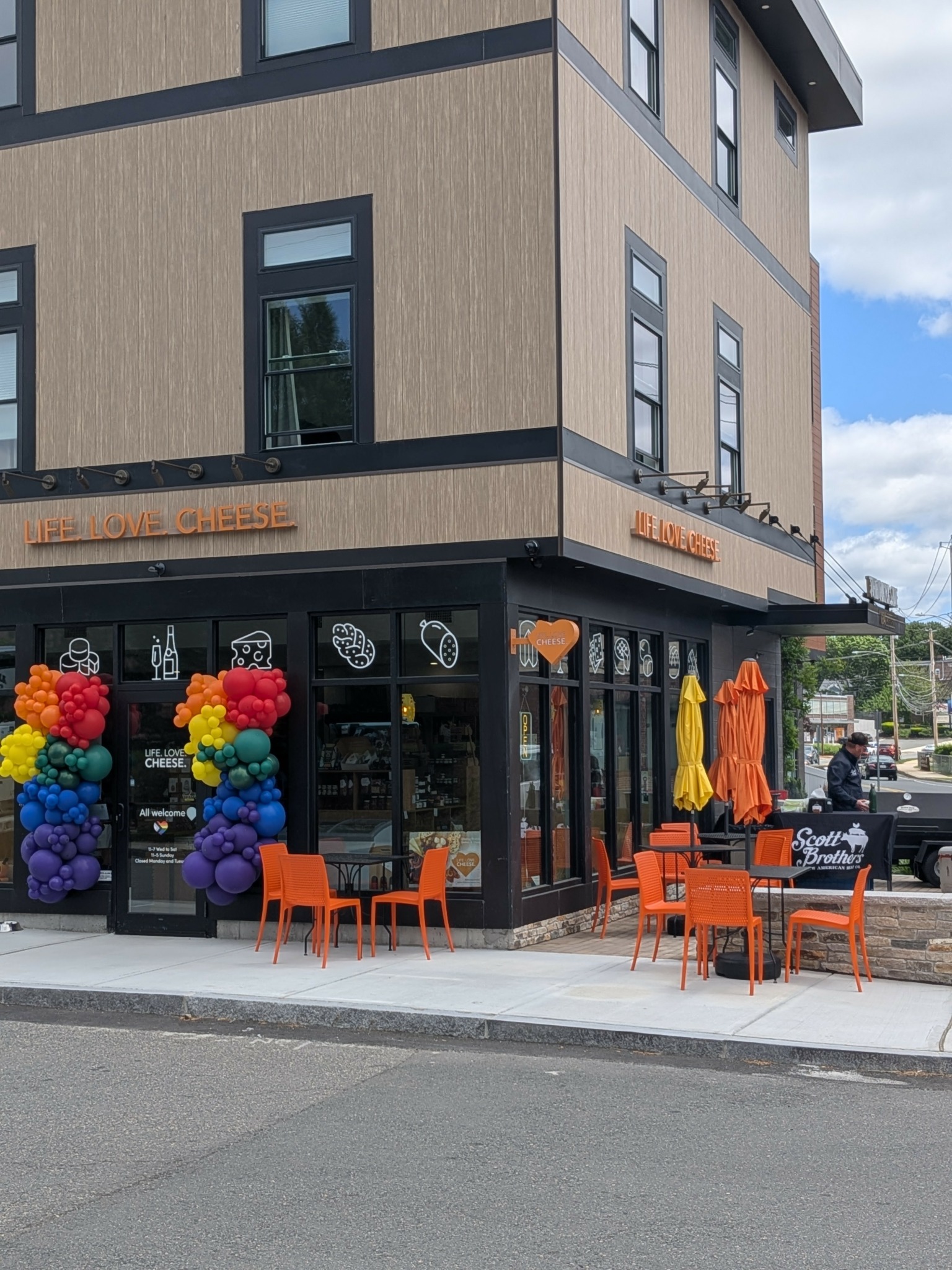
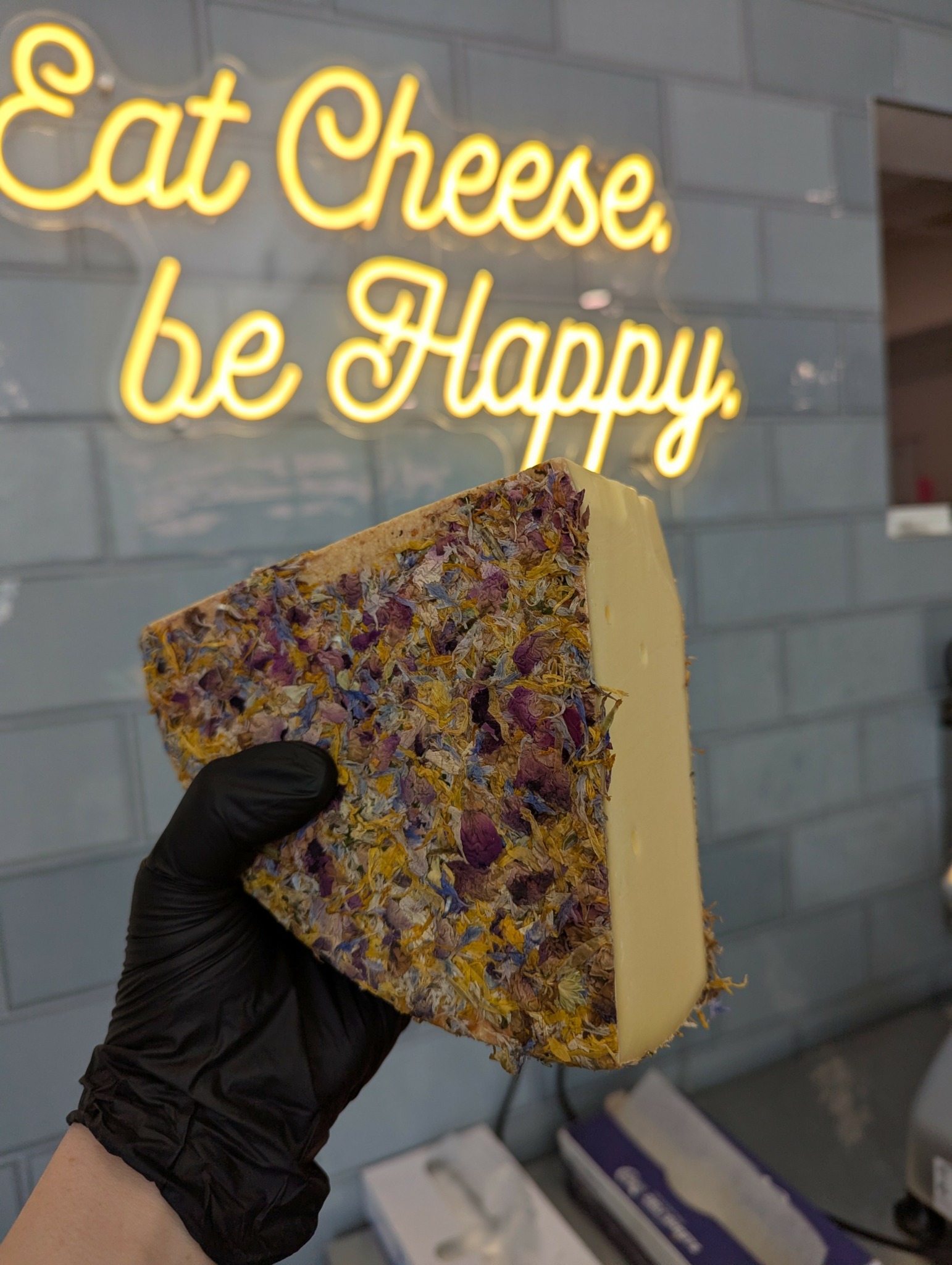
We’d love to hear a story of resilience from your journey.
I feel like my life has been about resilience. I came from an abusive home and when I finally left at 18, I was completely cut off from my family. I had to work a part time and a full time job to get myself through my undergraduate degree. I applied for every scholarship I could (back when we didn’t have the internet to find them and I had to go to the library and search through collections). I only got a few, but it made is all a little easier. I still graduated cum laude. I also was awarded a National Science Foundation fellowship to attend MIT.
When I left home, I had nowhere to return to. If I failed, I was on my own to clean up the mess. This instill a hard core fear of failure in me that translated to being very driven. I spent most of my tech career with a fight or flight mentality.
Contact Info:
- Website: https://www.lifelovecheese.com
- Instagram: https://www.instagram.com/lifelovecheese
- Facebook: https://www.facebook.com/lifelovecheese/
- Linkedin: https://www.linkedin.com/company/life-love-cheese
- Twitter: boycott Twiller
- Yelp: https://www.yelp.com/biz/life-love-cheese-wakefield?osq=life+love+cheese
